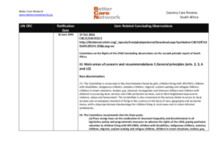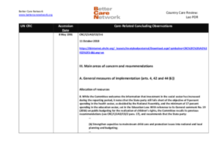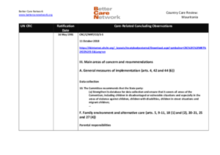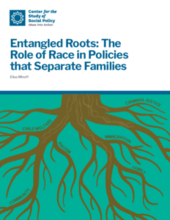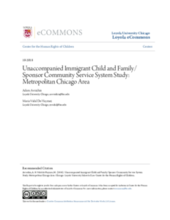Displaying 401 - 410 of 824
This country care review includes the care-related Concluding Observations adopted by the Committee on the Rights of the Child and the Committee on the Rights of Persons with Disabilities.
According to some estimates, a third of the adult Moldovan population is working abroad, often ‘leaving behind’ children in the care of relatives, neighbours or in orphanages. This paper from the Journal of European Studies investigates how such high migration rates affect Moldovan family life and personal definitions of identity and success.
This study sought to answer the question: How do the experiences of separation and reunification shape the well‐being of immigrant children?
This study reviews relevant empirical literature on the impact of forced family separations in the US on child and youth wellbeing from 2000 to the present.
This country care review includes the care related Concluding Observations adopted by the Committee on the Rights of the Child as part of its examination of Lao PDR's initial reports, as well as other care-related concluding observations, ratification dates, and links to the Universal Periodic Review
This country care review includes the care related Concluding Observations adopted by the Committee on the Rights of the Child as part of its examination of Mauritania's initial reports, as well as other care-related concluding observations, ratification dates, and links to the Universal Periodic Review.
This study examines family separation within the context of a binational social network.
This study examined the effects of grandparent–grandchild cohesion on the cross-lagged associations between depression and cultural beliefs about adversity in a sample of 625 rural left-behind children in China.
By examining the roots of policies that separate families and their entanglement with racial prejudice and discrimination, this report makes the case that we must embrace an alternative path.
This report presents findings from a research project to (1) address the knowledge gap on children who are unaccompanied immigrants1 (“CUI”), with its focus on the Chicago metropolitan area, and (2) provide relevant information to stakeholders who can strengthen the systems that support these young people.

